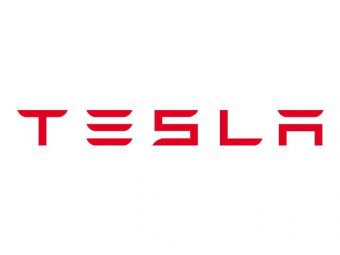
Mira Loma, California — Tesla cut the ribbon on a massive battery storage facility in the Southern California desert, 60 miles east of Los Angeles on Monday.
The Powerpack project, a joint venture with local electricity provider, Southern California Edison (SCE), will support grid operation during peak hours and improve the integration of renewable energy resources.
“This project is exactly in line with our mission to accelerate sustainable technology and sustainable energy broadly for the world,” Tesla Chief Technology Officer, JB Straubel, said.
“Storage is a piece that’s been missing on the grid since the grid was invented, so thanks to these technologies, we’re right at the turning point of being able to deliver storage and use renewables — solar, wind, and others — that can power people’s needs for longer parts of the day,” Straubel said.
The Powerpack is a commercial-scale variation of Tesla’s consumer-level Powerwall battery product. It loads up on energy from the sun and from the electric grid during off-peak hours. One Powerpack pod at the Mira Loma site contains 16,000 lithium-ion battery cells each, providing more than 210 kWh per pack.
Noting that this type of technology was not possible five or 10 years ago, Straubel said the amount of storage the Powerpacks at Mira Loma provide is unprecedented considering its relatively small footprint.
“The Mira Loma site can provide the equivalent energy storage of several hundred acres of solar panels,” Straubel said, adding that the facility “is able to to fit into this tight footprint right next to existing substations, and doesn’t really take up any substantial new land.”
“And every piece of this product — the battery, the battery modules, the power electronics, the inverters — was assembled by Tesla workers right here in the US,” Straubel said, seeming to nod to President Donald Trump, who has made examples of US companies that have sent manufacturing jobs overseas.
The Powerpacks are manufactured at Tesla’s massive Gigafactory in Sparks, Nevada.
SCE awarded Tesla the contract for the Mira Loma project last fall, but Tesla has been plugging away at building its energy business for some time. To date, 300 megawatt-hours worth of Tesla batteries have been deployed in 18 countries.
Source: businessinsider.com



